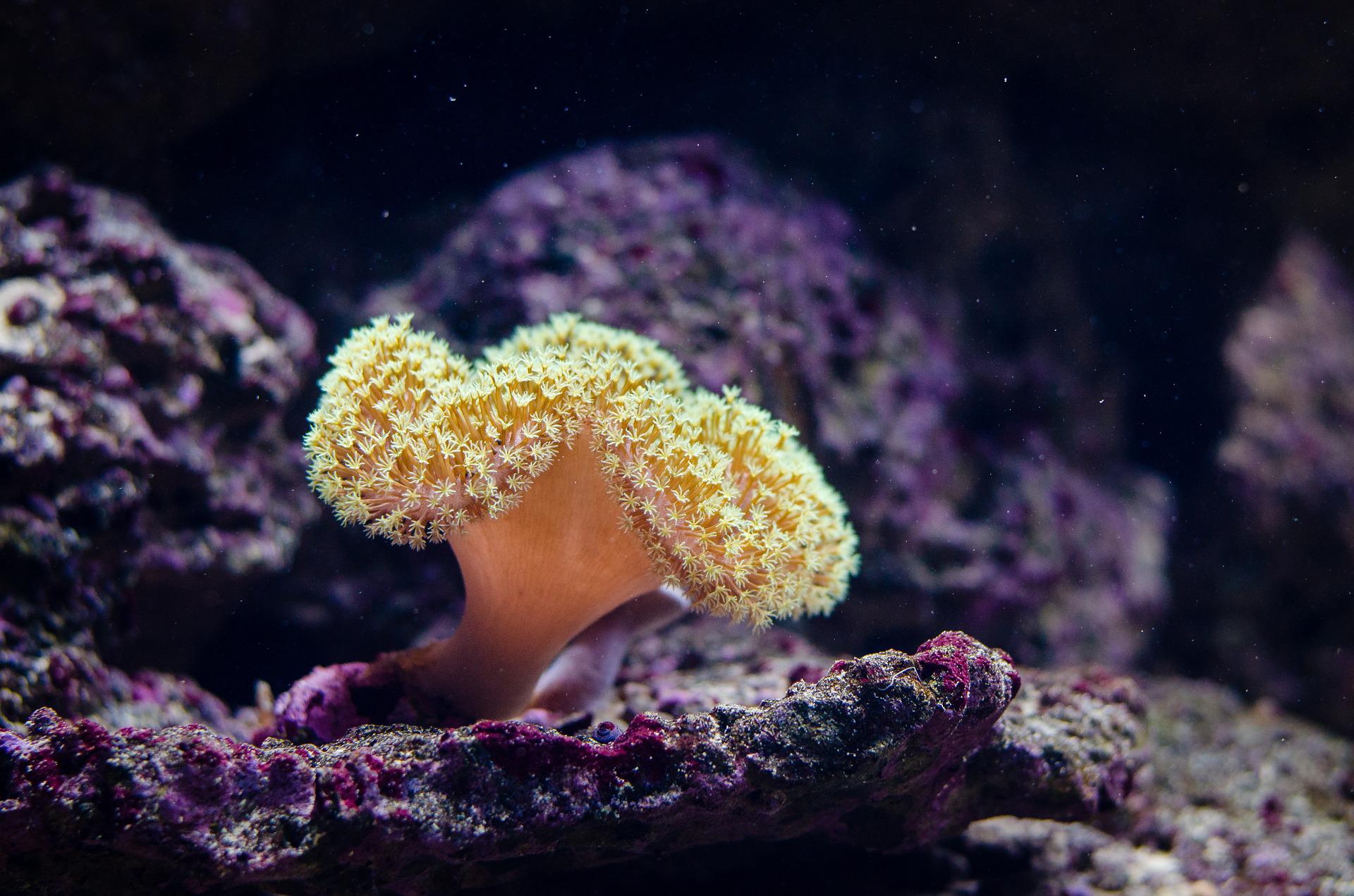News release
From:
Expert Reaction
These comments have been collated by the Science Media Centre to provide a variety of expert perspectives on this issue. Feel free to use these quotes in your stories. Views expressed are the personal opinions of the experts named. They do not represent the views of the SMC or any other organisation unless specifically stated.
Associate Professor Sarah Hamylton is President of the Australian Coral Reef Society and is from the School of Earth, Atmospheric and Life Sciences at The University of Wollongong
Rising water temperatures driving coral bleaching are the primary threat to the health of the Great Barrier Reef. The fact that the February 2022 marine heatwave was the first-ever experienced during La Niña conditions and the fourth mass bleaching event since 2016 reflects the growth in frequency and intensity of this threat to the GBR.
While the scale of coral mortality is not yet known, recurrent bleaching events profoundly change the composition of coral communities on the reef. Reports of low coral mortality may reflect shifts in the composition of coral communities, with assemblages being more dominated by resilient and stress-tolerant corals, but an overall loss of biodiversity in the ecosystem. To this end, urgent work is still needed to devise a credible national plan to reduce the domestic greenhouse gas emissions that are causing water temperatures to rise, at a speed consistent with the survival of the GBR.
The snapshot is a new initiative from the Great Barrier Reef Marine Park Authority, the Australian Institute of Marine Science (AIMS) and CSIRO, taking over the important aerial survey work of the National Coral Bleaching Taskforce, led by Terry Hughes. This initiative was originally undertaken by a group of scientists, largely working in universities, who felt that the public should be informed about the extent of coral bleaching on the Great Barrier Reef. It is good to see that this work has been carried on in the wake of Terry’s retirement, although the delayed release of this report indicates the bureaucracy and constraints of large institutions delivering important information to the Australian public.
Professor Jodie Rummer leads her research group in Marine Biology within the College of Science and Engineering at James Cook University in Townsville, Australia
As a marine scientist in Australia and as someone who mentors and guides the next generation of thinkers and conservationists, cherishes and relies on Australia’s natural spaces, and values the health of our communities, ecosystems, and biodiversity, it is important to me that we have the information we need to choose who leads our country. It is particularly disturbing that the Great Barrier Reef has just suffered its sixth mass bleaching event since the late 1990s, an unprecedented event, given the La Niña cycle. Due to marine heatwaves that are becoming more frequent and severe with climate change, this 2022 bleaching event is already the fourth I’ve witnessed first-hand just in my early career as a marine scientist. This is unacceptable.
Those of us on the front lines in marine science, research, and communication value accessibility of information, especially that which is meant to inform policy – policies that affect the health and well-being of all Australians as well as the rest of the planet. We are already two years into a critical decade where change must happen, and we all have a role to play. We need policy that will urgently and rapidly focus on reducing emissions, advocate for renewable energy, and take climate change and the effects it has already had on Australia seriously. To give the Great Barrier Reef the best chance at survival, we need leaders that are serious about climate action.
Professor David Booth is a Professor of Marine Ecology at the University of Technology Sydney (UTS)
The latest Reef Snapshot has revealed the full devastating coral bleaching impact on most of the Great Barrier reef this year. Most of the Reef’s midsection has been severely bleached and much of this may not recover for a long time, and it come hot on the tail of almost yearly mass bleaching events since 2016.
Quick fixes and cash splashes by Governments will be of limited value because Australia has committed to massive coal and gas exports into the future. In my 30 years of monitoring the southern GBR, I have witnessed how these mass bleaching events knock back fish populators and leave permanent scars on the Reef. I hope people take action at the Ballot Box!



 Australia; NSW; QLD
Australia; NSW; QLD


